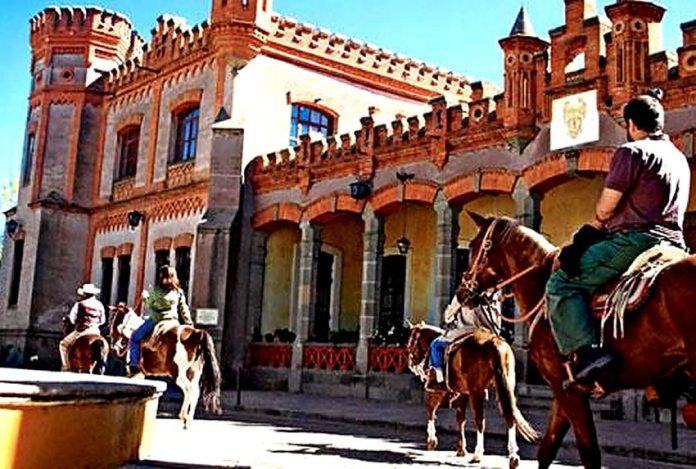The imminent disappearance of the federal government’s tourism promotion agency will affect Mexico’s smaller states the most, tourism insiders agree.
Tourism Secretary Miguel Torruco confirmed last week that the Tourism Promotion Council (CPTM) would be disbanded and its international offices closed, with its budget going to the construction of the Maya Train project.
Jorge Hernández, president of the Mexican Association of Travel Agencies (AMAV), told the newspaper Milenio that Hidalgo, Tlaxcala, Durango and some of the states in the Bajío region will be hardest hit by the decision.
They will now only have resources collected via state-based lodging taxes to fund tourism promotion, he said.
However, small states generate only modest income from the tax and there are questions over whether tourism officials will use the resources for their intended purpose.
According to the president of the Mexican Association of Hotels and Motels (AMHM), hotel taxes in Tlaxcala and Hidalgo only generate between 20 and 30 million pesos (US $1 million to $1.5 million) a year whereas the city of Cancún alone collects 2 billion pesos (US $99 million) annually.
Rafael García said the money collected via the tax goes to tourism trusts in each state but contended that 90% of them lack transparency in the exercise of the resources they receive. In other words, at least part of the funds is likely siphoned off to line officials’ pockets.
Francisco Madrid, director of the faculty of tourism at Anáhuac University and a former federal tourism undersecretary, said the new government took a unilateral decision to disband the CPTM and warned that it would have a damaging impact in the short and medium term.
“Depriving Mexico of an organization specialized in the task of tourism promotion is a bad decision. Once again, the [view of] the private sector wasn’t taken into account, the same thing happened with the cancellation of the airport,” he said.
“The promotion council is creating employment in the sector, [attracting the entry of] foreign currencies, and generally [stimulating] the benefits that we know tourism provides,” Madrid added.
The National Tourism Business Council (CNET) has warned that with the elimination of the CPTM there is a risk that Mexico will return to the level of growth in international tourism recorded between 2008 and 2012, which was just 2.1% compared to around 8% currently.
The industry group suggested that the government could keep the CPTM open but reduce the size of its workforce in order for it to be compatible with the federal austerity plan.
Tourism is one of the most important sectors of Mexico’s economy, contributing 8.7% of total GDP and generating 3.7 million jobs.
Almost 40 million international tourists came to Mexico last year, making it the sixth most visited country in the world.
This year is expected to end with more than 42 million foreign arrivals while almost 45 million international tourists are predicted to visit Mexico next year.
Source: Milenio (sp)
